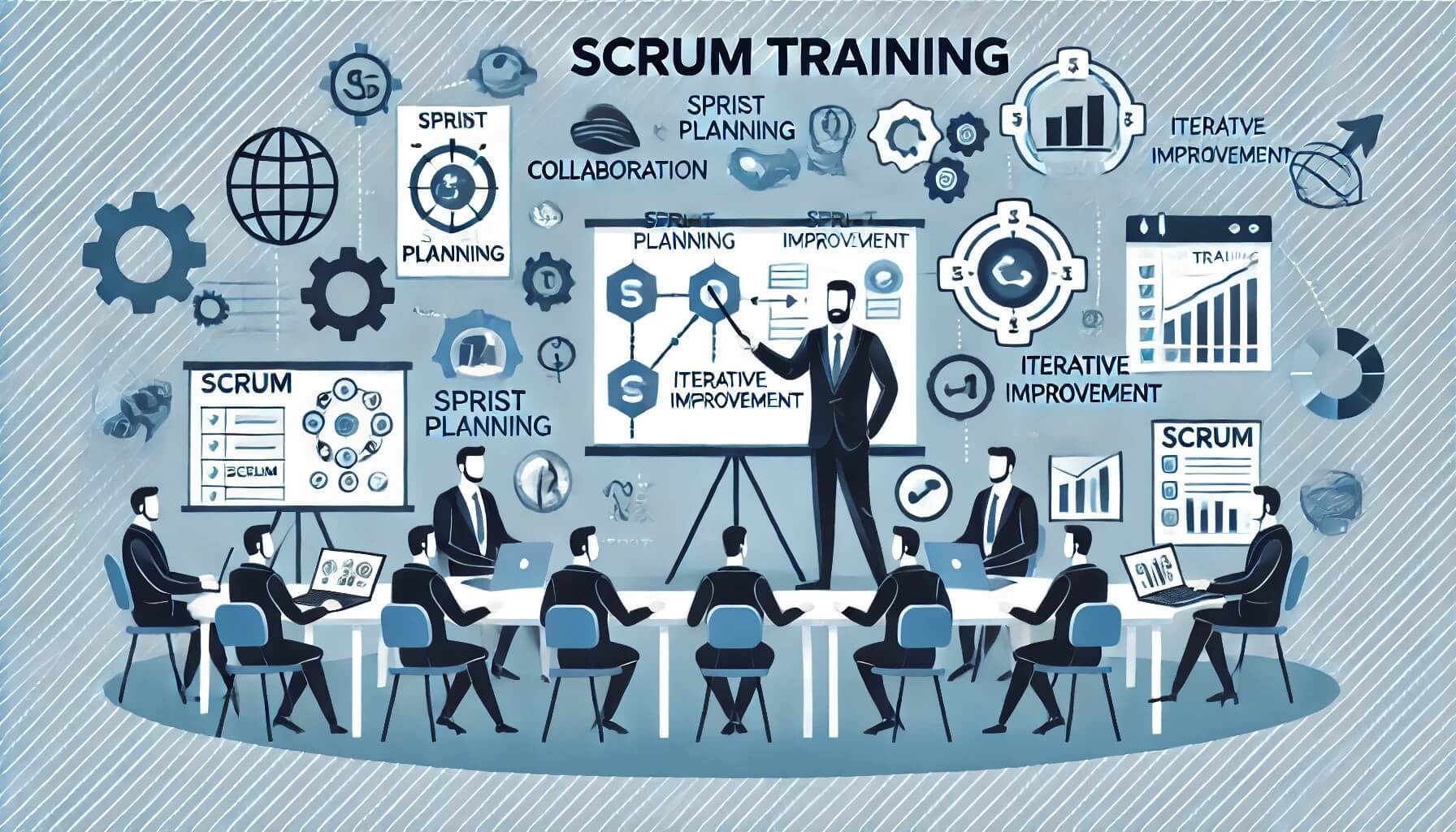The Role of a Scrum Master in Effective Project Management

Strong 8k brings an ultra-HD IPTV experience to your living room and your pocket.
In the realm of Agile project management, the role of a Scrum Master stands out as pivotal. Scrum Masters are integral to the success of a Scrum team, ensuring that the principles of Scrum are adhered to and facilitating the seamless progress of projects. But what exactly does a Scrum Master do, and why is their role so crucial in effective project management? Let’s dive into the responsibilities, skills, and impact of a Scrum Master in a Scrum environment.
Understanding the Scrum Master Role
A Scrum Master is a servant-leader for the Scrum team. They are not project managers in the traditional sense but are tasked with ensuring the team follows Agile practices and principles. The Scrum Master plays a key role in advocating and facilitating Scrum, ensuring that everyone grasps Scrum theory, practices, rules, and values.
Key Responsibilities of a Scrum Master
Facilitating Scrum Ceremonies:
- Sprint Planning: Guides the team in defining what can be delivered in the sprint and how that work will be achieved.
- Daily Stand-ups: Facilitates daily meetings to keep the team aligned on progress and any obstacles faced.
- Sprint Review: Helps the team present their work to stakeholders and gather feedback.
- Sprint Retrospective: Leads the team in reflecting on the sprint to identify improvements for future sprints.
Removing Impediments:
- The Scrum Master works to identify and remove any obstacles that may hinder the team's progress. This could involve addressing resource constraints, resolving conflicts, or clearing up any confusion about project goals.
Coaching the Team:
- The Scrum Master guides team members in developing self-management skills and cross-functional capabilities. They help the team develop a mindset of continuous improvement and ensure that they are following Agile best practices.
Protecting the Team:
- One of the crucial roles of a Scrum Master is to shield the team from external interruptions and distractions. They ensure that the team remains focused on the sprint goals and can work efficiently.
Fostering Communication and Collaboration:
- The Scrum Master promotes a culture of open communication and collaboration both within the team and with stakeholders. They help to bridge gaps and facilitate effective information flow.
Essential Skills and Traits of a Successful Scrum Master
- Strong Communication: Effective communication skills are essential for a Scrum Master to facilitate discussions, resolve conflicts, and convey the team’s progress to stakeholders.
- Leadership and Facilitation: A good Scrum Master leads by example and knows how to guide the team without dictating. They facilitate meetings and ensure productive and inclusive discussions.
- Problem-Solving: The ability to quickly identify and solve problems is crucial. This includes removing impediments and helping the team navigate challenges.
- Empathy and Emotional Intelligence: Understanding the needs and emotions of team members helps the Scrum Master build a supportive environment where everyone feels valued.
- Knowledge of Scrum and Agile Practices: Deep knowledge of Scrum principles, practices, and tools is a given. A Scrum Master must stay updated with the latest trends and continuously seek ways to improve the team’s processes.
Impact of a Scrum Master on Project Success
- Enhanced Team Productivity: By removing impediments and fostering a collaborative environment, Scrum Masters help teams work more efficiently and productively.
- Improved Quality of Deliverables: Regular inspections and adaptations, facilitated by the Scrum Master, ensure that the team can maintain high-quality standards and deliver value to stakeholders.
- Greater Stakeholder Satisfaction: By ensuring transparency and facilitating regular feedback loops, Scrum Masters help to align the team’s outputs with stakeholder expectations, leading to higher satisfaction levels.
- Continuous Improvement: Scrum Masters drive a culture of continuous improvement through retrospectives and iterative development, helping the team evolve and refine their processes over time.
Conclusion
The role of a Scrum Master is vital in steering a Scrum team towards success. By facilitating Scrum ceremonies, removing impediments, coaching the team, and fostering a collaborative environment, Scrum Masters ensure that Agile principles are adhered to and that the team can deliver high-quality products. Their impact on team productivity, quality of deliverables, and stakeholder satisfaction underscores their importance in effective project management. As Agile practices continue to evolve, the role of the Scrum Master will remain a cornerstone of successful project delivery.
Note: IndiBlogHub features both user-submitted and editorial content. We do not verify third-party contributions. Read our Disclaimer and Privacy Policyfor details.







